10 best foods for the diet of the athlete
Big muscles and beautiful body relief – who doesn’t want that? Young and adult, men and women – go to the gyms and fitness centers in the hope of finding the desired “contours”. Multi-day persistent strength training and cardiovascular exercise contribute to weight loss and muscle building. But is that enough? Experienced coaches say no. Some classes are not enough, you also need to observe a special diet and eat foods that contribute to a set of muscle mass.
Product Selection Guidelines
What kind of food is a welcome “guest” for an athlete’s grocery basket? First of all, it is a healthy organic food, in which a lot of protein, “slow” carbohydrates, and … water.
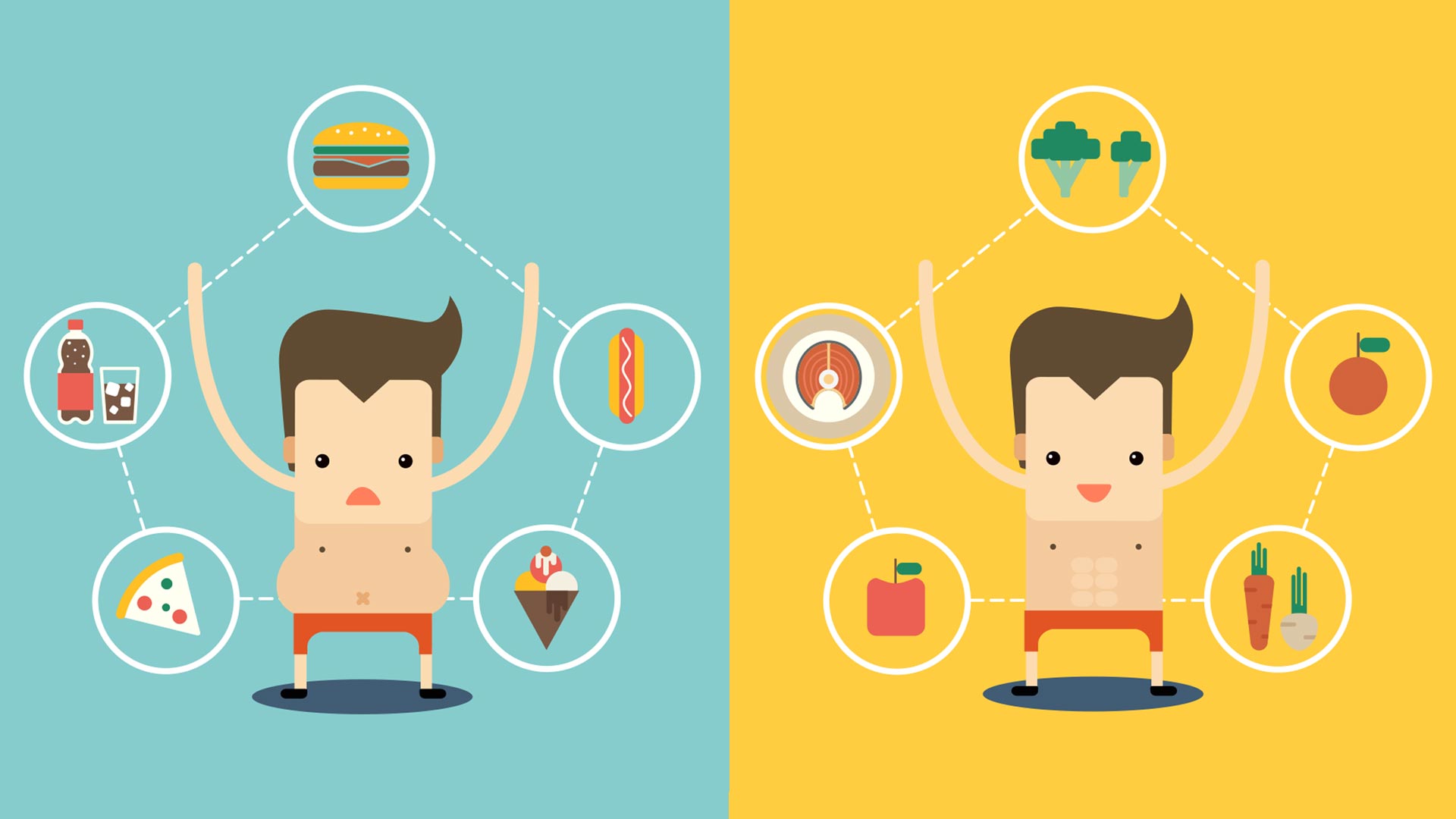
Important!
Compliance with the drinking regime is important for any person, and even more so for a bodybuilder. Muscles are almost 80% water, and therefore for the effective growth of muscle mass, this life-giving fluid is indispensable!
Eggs
- In one whole egg: 76 calories, 6.5 g of proteins, 0.6 g of carbohydrates, 5 g of fat.
- In one egg white: 16 calories, 3.5 g of proteins, 0.3 g of carbohydrates, 0 g of fat.
Other pros eat up to 2-3 dozen eggs per day. And all because egg white is digested better than any other. From here an obvious return of an egg diet, repeatedly rechecked for half a century history of bodybuilding. There was a time when doctors considered the laying stress on eggs barbaric, because there was too much cholesterol in eggs. However, reputable scientific studies have shown that even a clear search for eggs does not increase the level of cholesterol in the blood. At least in hard training athletes. Science still does not advise mere mortals to eat more than one egg per day.
Egg yolk contains vitamin A, folic acid and carotenoids. Here is the lion’s share of egg cholesterol. It would seem, why be afraid of him? It is said that he is not dangerous. All true, but not for the jocks who use steroids. The fact is that steroid hormones increase the total amount of so-called in blood. “bad” cholesterol, which sticks together in lumps, and then tightly clogs the lumen of the arteries. If you also load egg cholesterol into yourself daily, everything can easily end with funeral music. So, the jocks, the sinners of steroids, are advised to throw the yolks. It is clear that omelets and scrambled eggs in this case automatically “drop out” from the menu. If eggs, then only boiled. However, the yolks can be separated, while the eggs are raw, and only then prepare omelets from some proteins. But it is troublesome.
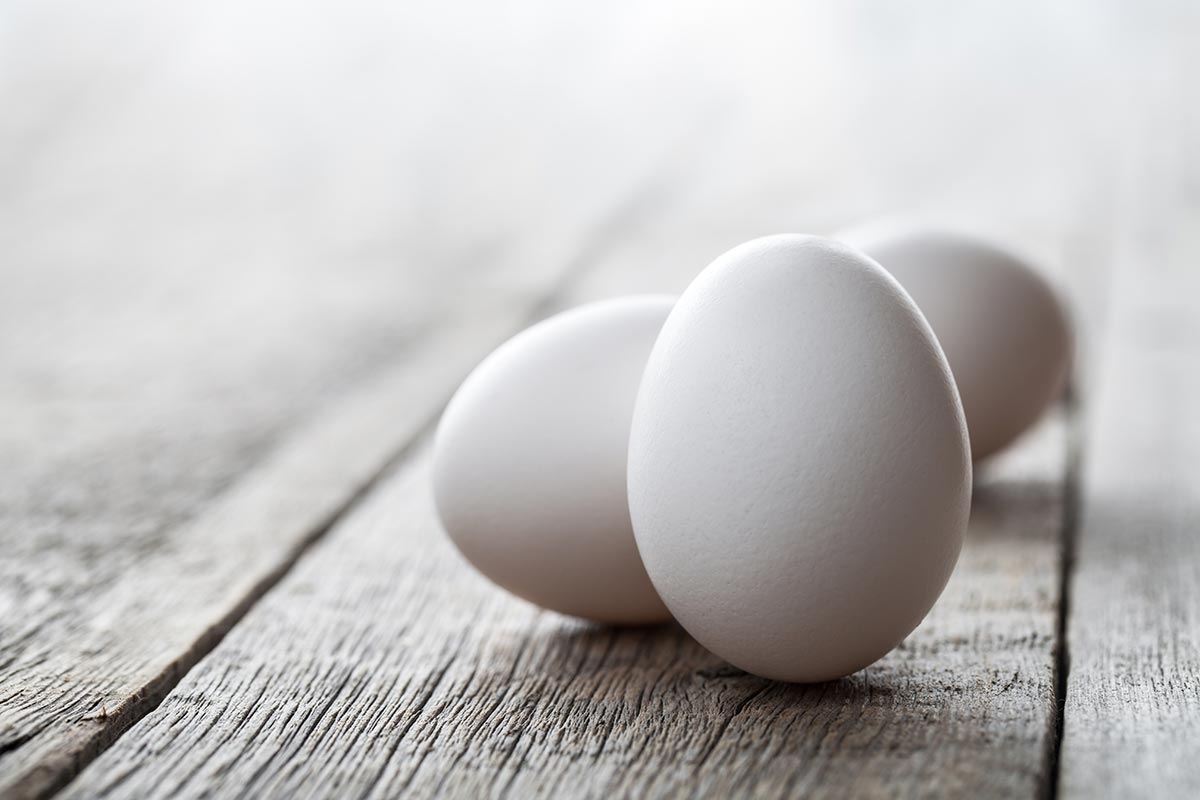
Beef
- Top quality fillet weighing 100 grams: 199 calories, 28 grams of protein, 0 grams of carbohydrate, 9 grams of fat.
Beef is one of the most useful products for bodybuilders. It contains not only proteins necessary for building muscle, but also iron, zinc, niacin, and vitamins B6 and B12, which are vital for athletes. Choose pieces in which the least fat, namely the loin. Well, if the fat is still caught, it must be cut off before cooking.
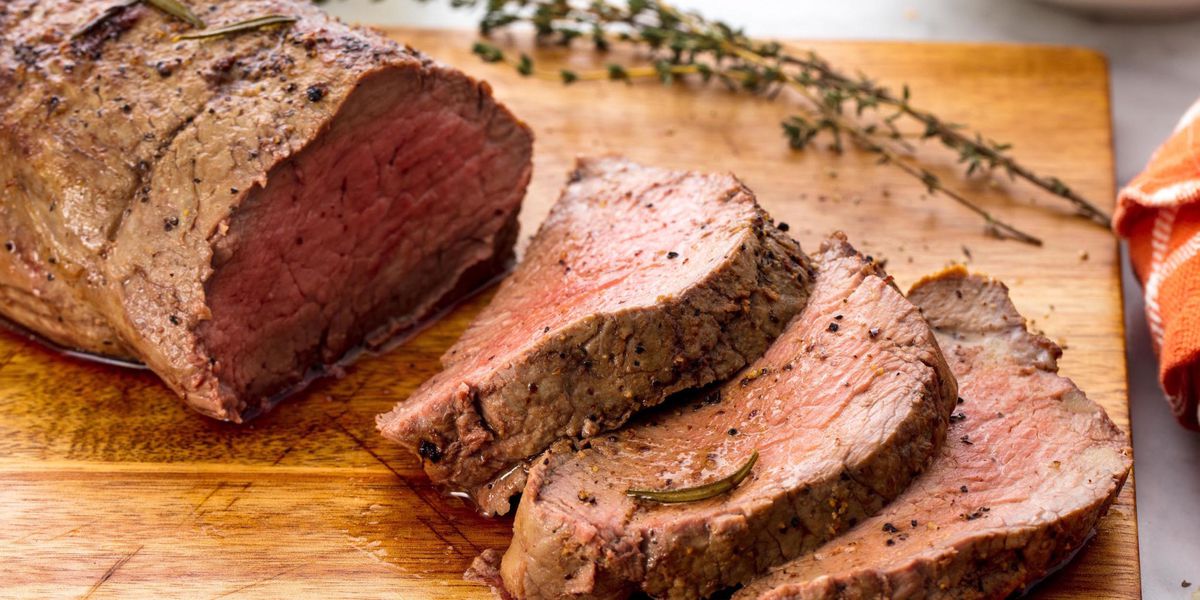
Chicken breasts
- 100 g of breasts: 165 calories, 31 g of protein, 0 g of carbohydrates, 4 g of fat.
Wonderful source of proteins. And almost without fat. The main thing is to cook properly. Do not fry in oil! It is better to buy a home portable grill and cook breasts on it.
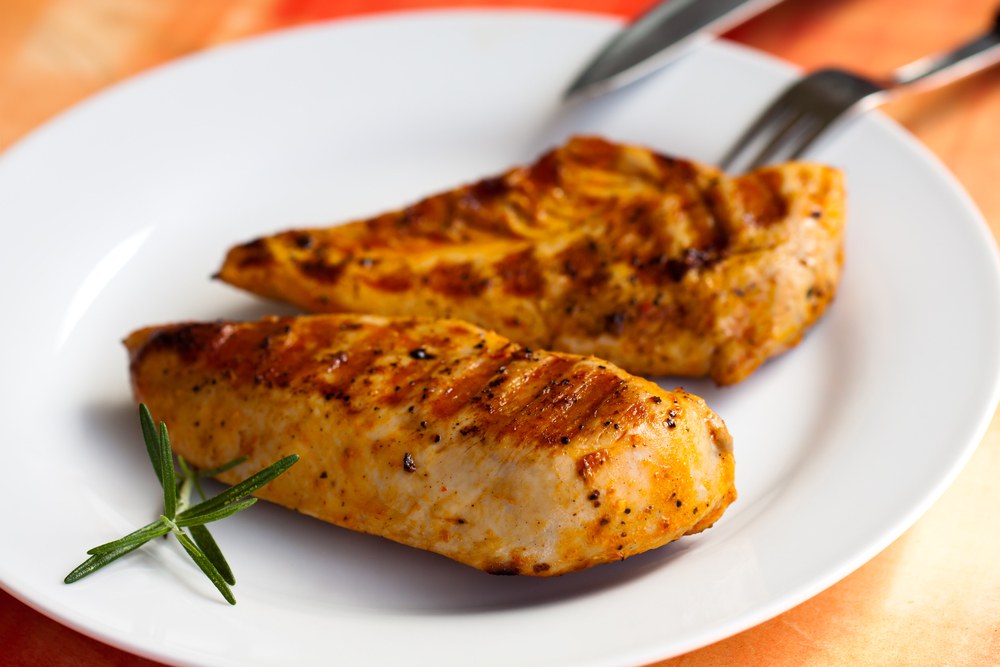
Green tea
- 2 calories in a cup
From cancer prevention and weight loss to potentially slowing the progression of Alzheimer’s, green tea helps fight almost every major disease. Do not like tea bags? Try to buy liquid extract. Add some water and voila! You got instant tea.
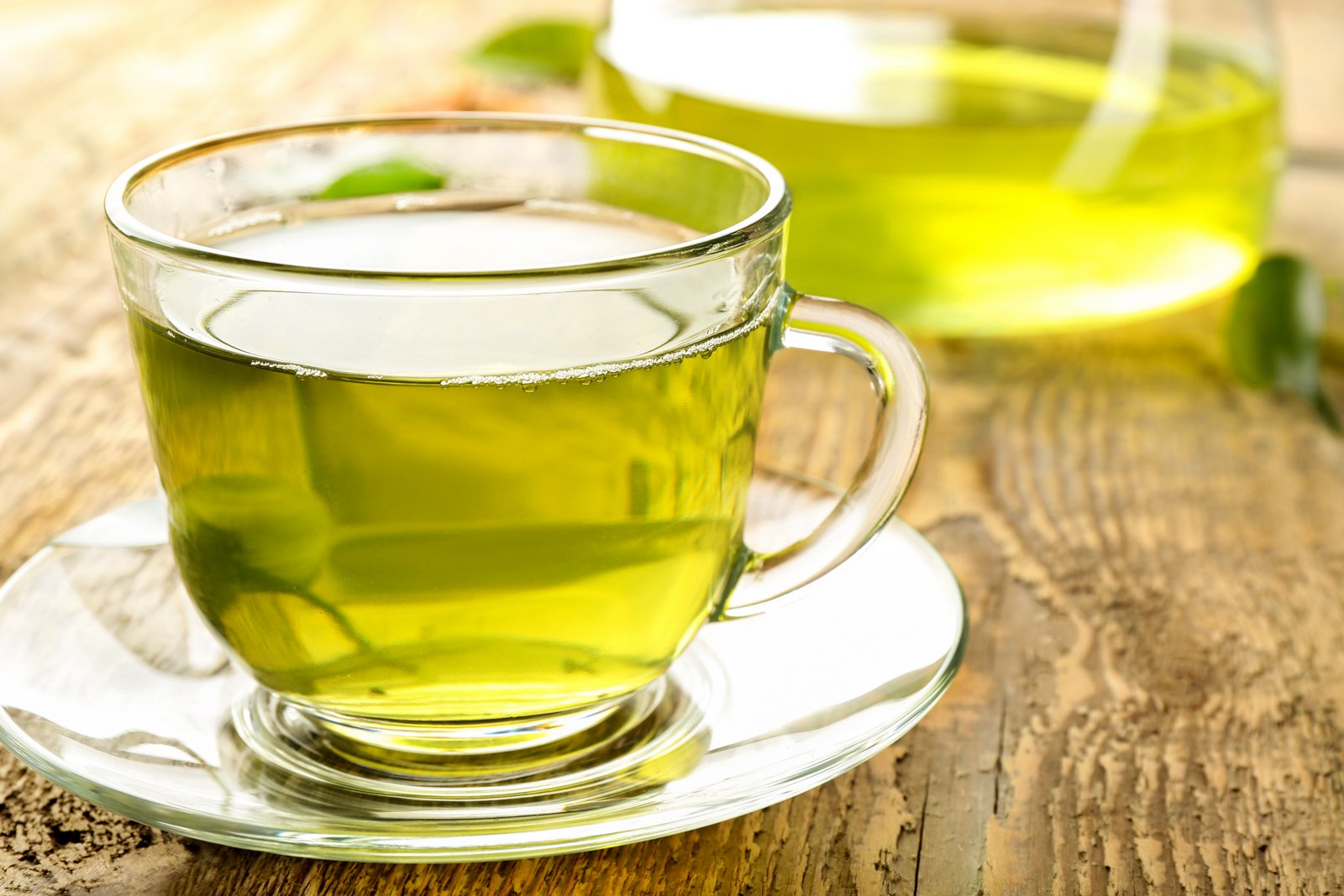
Milk
- 118 calories per cup
You know that milk has a positive effect on the body, but you may not know that the lack of dairy products in a fitness diet makes your body anxious. When milk is not enough for you, your body produces hormones that cause your cells to retain calcium and fat. Calories are also counted, so you should drink milk in glasses rather than liters. Just make sure you eat dairy products. They have components that help your body’s fat burning system and slow down fat accumulation. And while other forms of supplements work fine too, this is the case when the real thing works best.
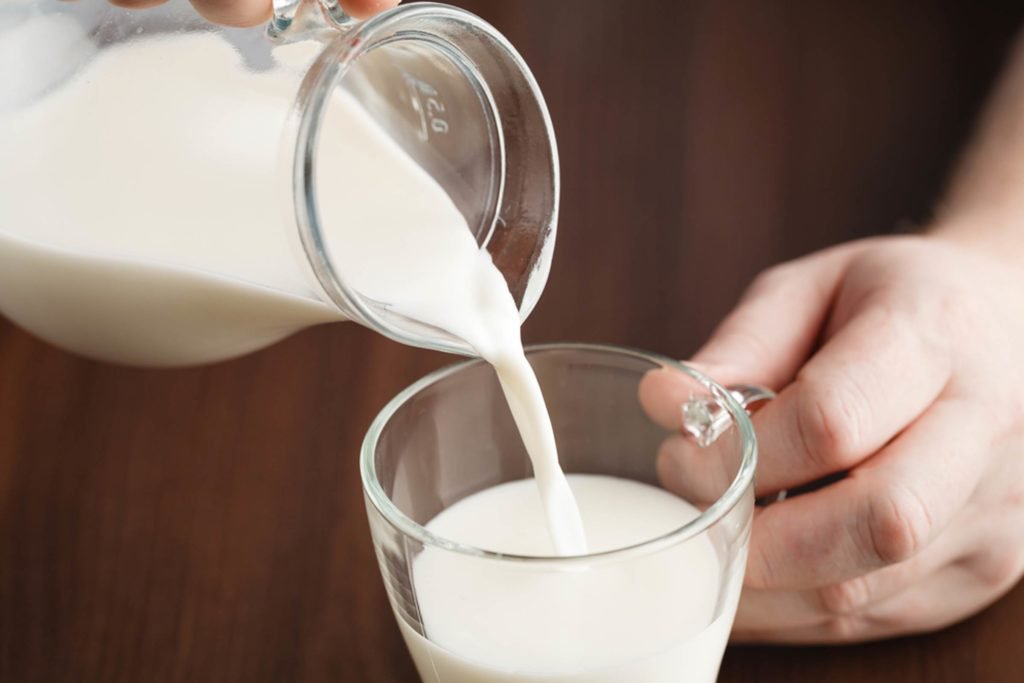
Sweet potato
- 100 calories in average potato
100 grams of sweet potatoes have more than 100% of our daily required amount of beta-carotene, a huge dose of iron and a large amount of vitamins C and E. These nutrients work together to protect your body from all types of cellular damage, especially for athletes who compete in extreme conditions (such as height, heat, cold, or pollution). Sweet potatoes are also one of the best products for muscle recovery after a hard workout.
There are other ways of cooking sweet potatoes, and not just baked or boiled version. Try mixing it with something like diced sweet potatoes and chili, or add it to your favorite potato salad. You can also grate it into hamburgers or meatloaf, or use it to make your own french fries.
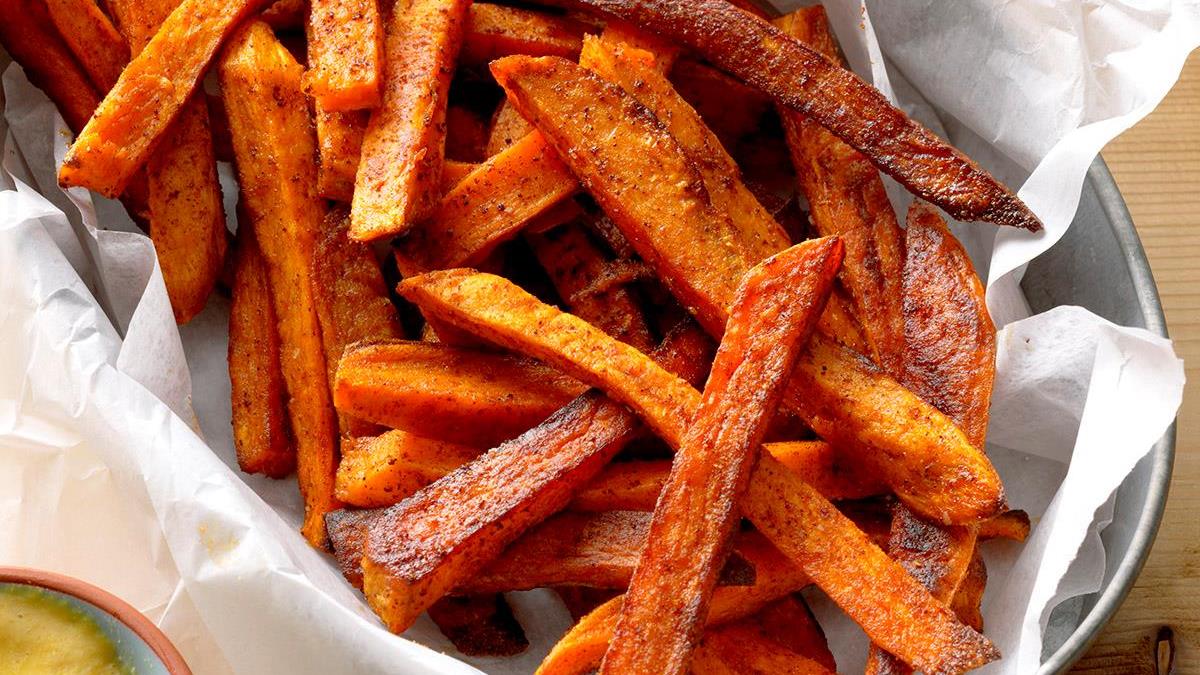
Soy
- 300 calories per cup
In soy there is protein from meat, fiber from whole grains, as well as antioxidants, vitamins and minerals from the best vegetables and fruits. If you don’t like tofu and soy milk, there are simple ways to increase your soy intake. Soy nuts and soy protein, used in some protein shakes and bars, not only taste great, but are also very convenient.
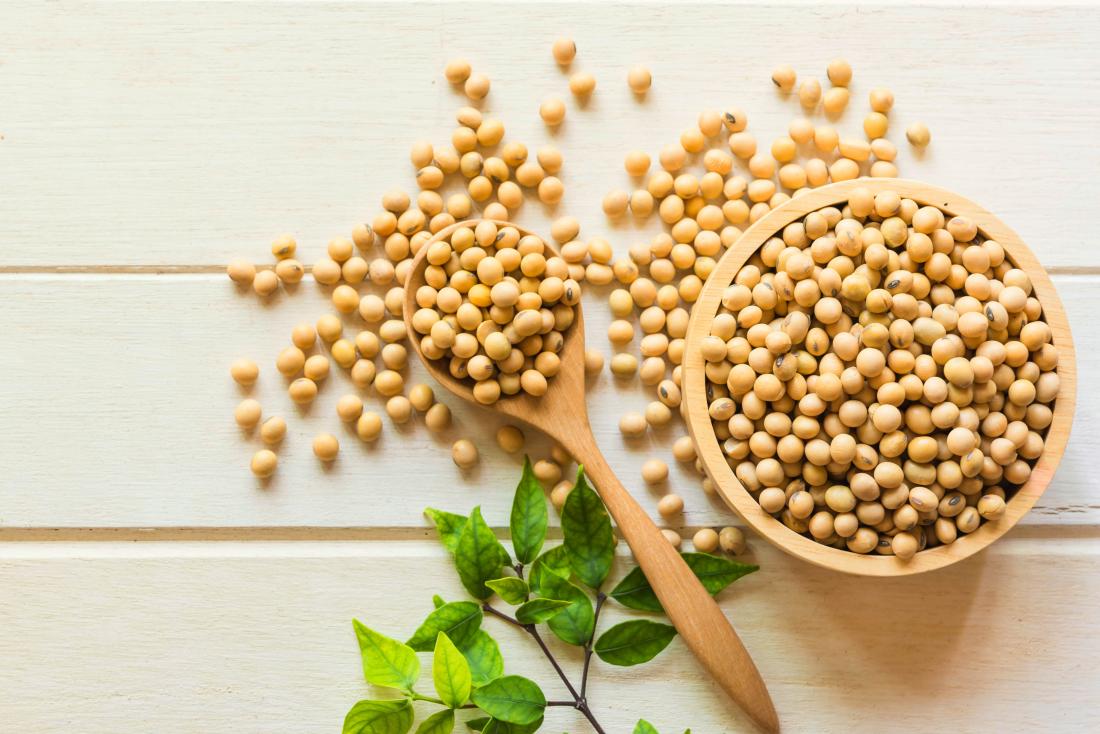
Spinach
- 7 calories per cup
What do the nutritionists buttoned on all buttons have in common with happy sailors from cartoons? They all love spinach! And for good reason. One serving of this green contains fiber, calcium, and almost the entire daily recommended dose of beta-carotene, a nutrient that is vital for the immune system, health, and good vision.
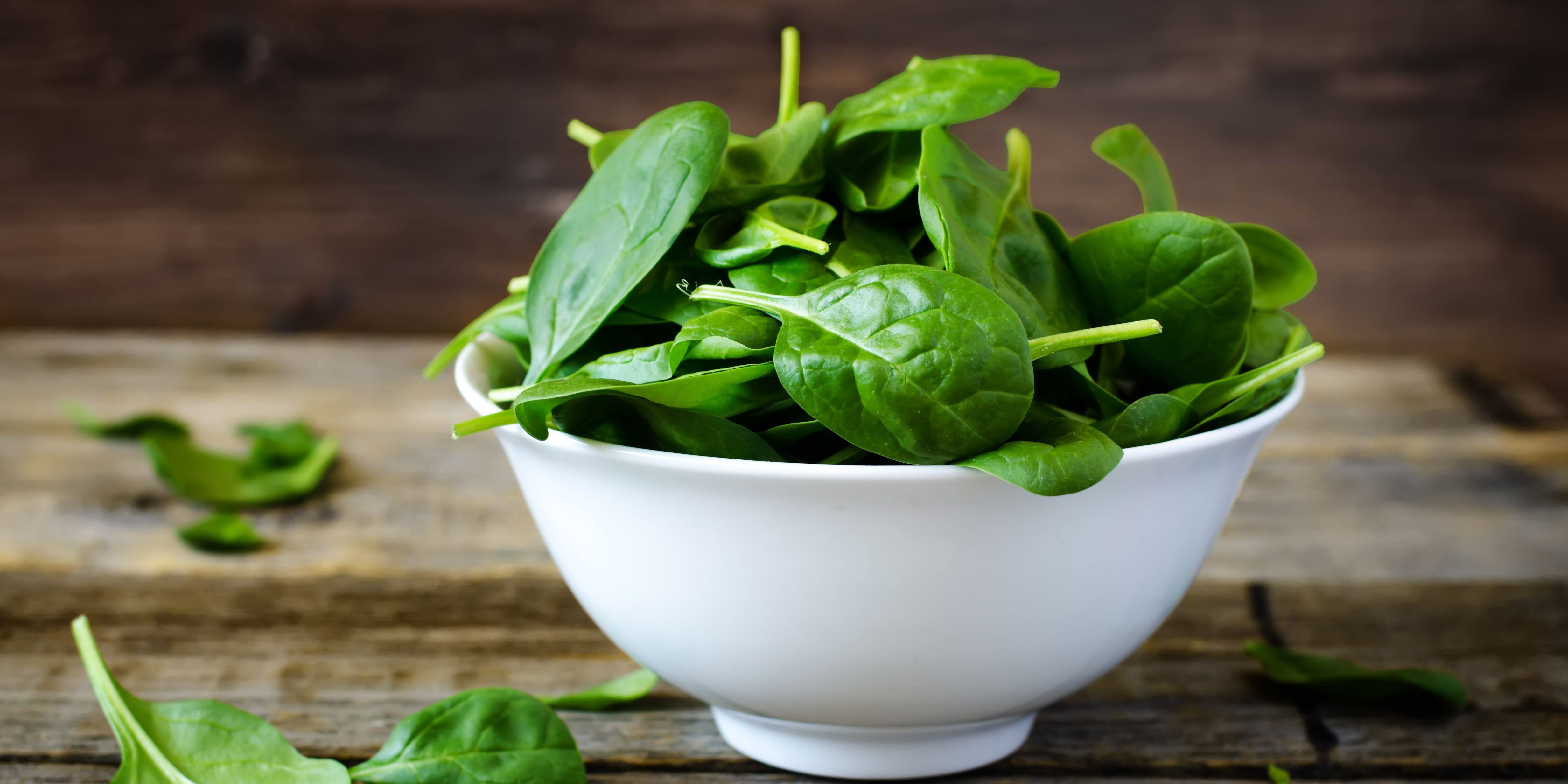
Almond
- 82 calories per serving weighing 14 grams
With a high content of protein, fiber and vitamin E, almonds are great for your heart, digestive system and skin. Although it also has healthy unsaturated fats, some athletes avoid almonds because of the high amount of calories. But this is a mistake. Gary Fraser, Ph.D., professor of medicine at Loma Linda University in California, studied people who added 60 grams of almond to their diet regularly. It turns out that they had no significant weight changes. “Since nuts are solid food, it seems that even such a significant amount of calories is never absorbed into the body,” he says.
To include more almonds in your diet, try to keep a bag of dry roasted or lightly seasoned nuts in your desktop drawer and have a snack on them, and do not run to the vending machine. You can also add almond butter to smoothies or use it instead of peanut butter to make a sandwich.
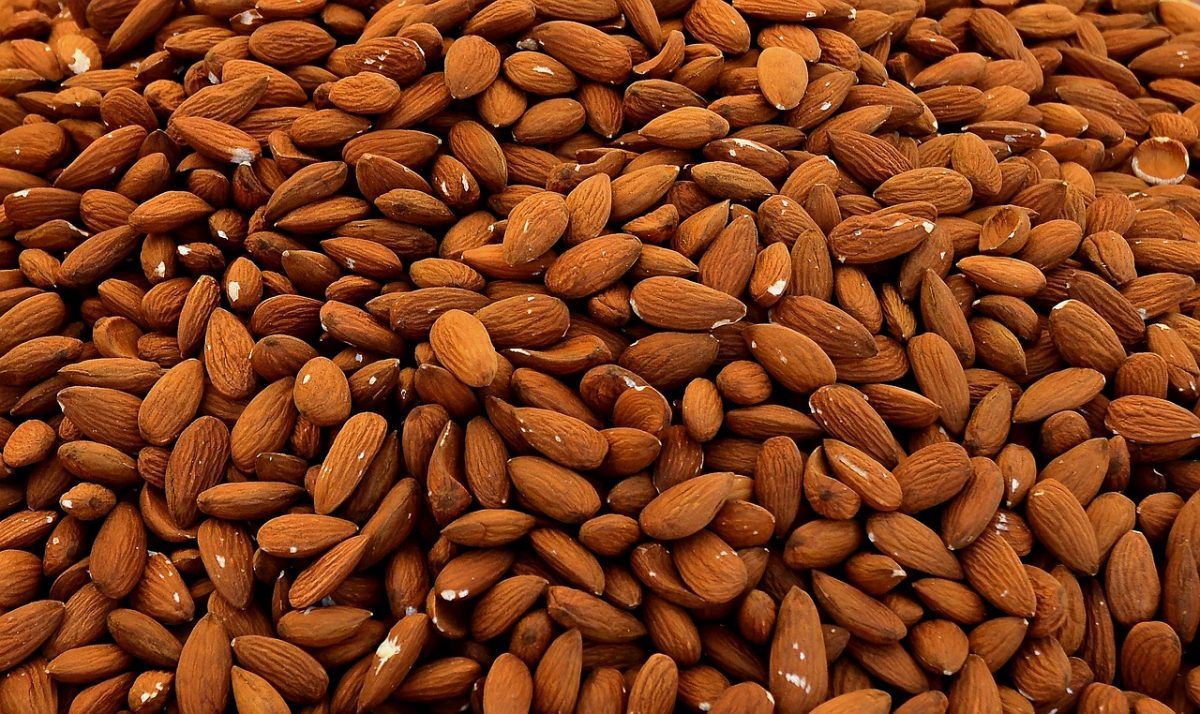
Water
This is the most important nutrient for athletes. You need to drink about 3.5 liters per day. Increased water intake by athletes for two reasons. First, a lot of water requires the absorption of proteins and carbohydrates. (So, water intake is directly related to the calorie content of your diet. The higher it is, the more you need to drink water.) Second: the athlete’s body spends much more water because of physical exertion. On the day of particularly hard workouts, it is necessary to further increase the intake of water in order to compensate for the extreme loss of fluid. Even a little dehydration harms the heart, and therefore you must keep fluid intake under strict control.
